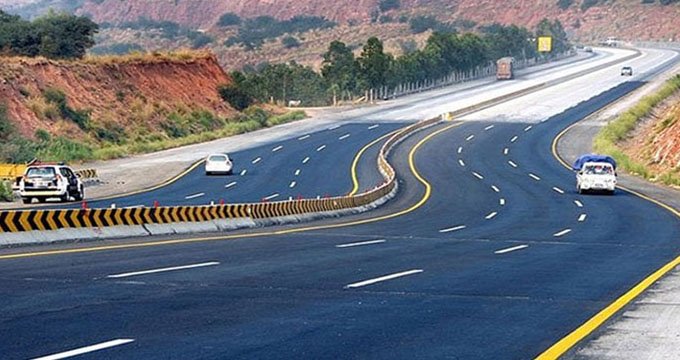The Caretaker Government has approved a hike in the prices of 146 crucial medicines, including those vital for treating cancer, vaccines, and antibiotics. A notification regarding the price increase has been issued, stirring a wave of apprehension and criticism among healthcare professionals and consumers alike.
Noor Mehr, President of the Pakistan Pharmacist Legal Forum, voiced concerns over the decision, highlighting the potential impact on patients’ access to essential medications. He revealed that the price surge encompasses a range of life-saving drugs, exacerbating the financial burden on individuals already grappling with health challenges.
According to officials, the Drug Regulatory Authority of Pakistan (DRAP) had proposed an increase in the prices of 262 medicines. However, the caretaker government opted to greenlight price hikes for only 146 medicines from the list. Notably, among the affected medications are those crucial for combatting cancer, vaccines, and antibiotics.
Furthermore, it has been disclosed that pharmaceutical companies will have autonomy over the pricing of 116 drugs, while the government will retain control over the prices of 200 drugs listed in the National Essential Medicines List. This move effectively deregulates the prices of a significant portion of medications, leaving approximately 90,000 drugs without government oversight.
Expressing dismay over the deregulation, Noor Mehr highlighted the potential consequences of allowing manufacturers and distributors to set prices independently. He emphasized the need for stringent measures to safeguard consumers’ interests and ensure equitable access to essential healthcare.
The decision to deregulate medicine prices has raised widespread concerns about affordability and accessibility, particularly for vulnerable populations reliant on life-saving treatments. Critics argue that such measures could exacerbate healthcare disparities and pose significant challenges for patients already struggling with high medical expenses.










